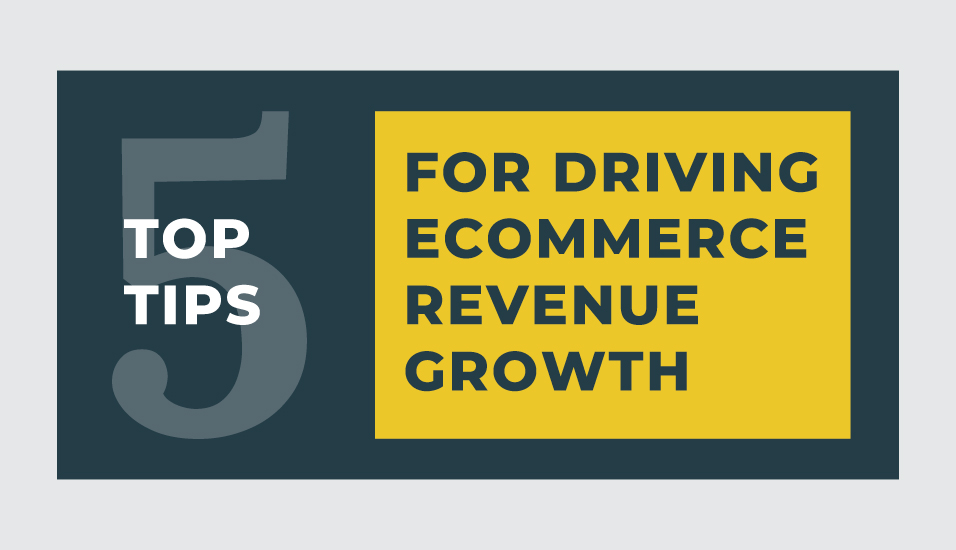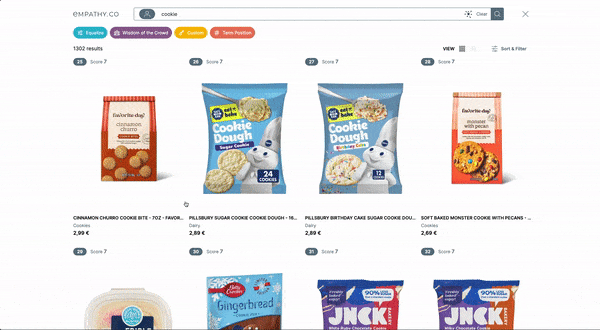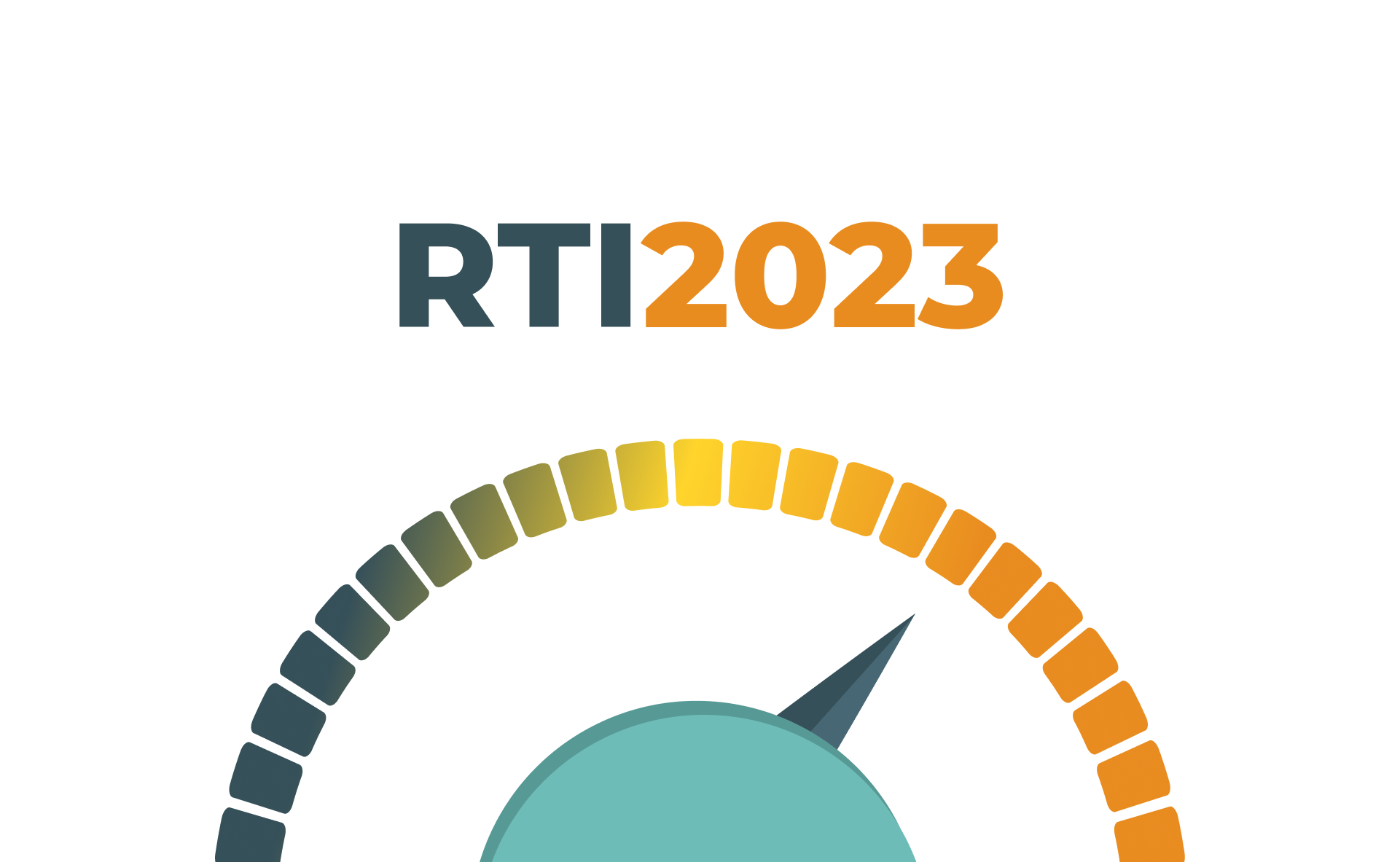5 Top Tips for Driving eCommerce Revenue Growth
5 Top Tips for Driving eCommerce Revenue Growth
How can you build customer trust through ethical personalisation, profiling, explainability, and control?
Connecting your catalogue to your brand values and creating private features allows you to differentiate yourself from the competition and create a loyal customer base. Read on as we explore my top five tips for driving eCommerce revenue growth by building customer trust.

1. Recognise that trust has always been the essence of commerce.
You buy from the retailers and brands you trust.
Think about your favourite bookstore, local café or fruit and veggies shop. You trust their judgement and share values, so sharing your personal details with them is not an issue when you know that, in exchange, you’ll receive product recommendations you’ll love while helping their businesses grow.
However, online shopping is different.
The feeling of safety disappears when we don’t get to choose who we share our data with. We feel unprotected from an unfair value exchange, often wondering if shops are transparent about their data policies.
2. Search is the layer that connects people with products through personalised experiences.
Search happens in multiple places in the online shopping journey, including category pages, product recommendation carousels, and customer account pages.
Brands must be transparent about why certain products are recommended to customers through explainability.
Every time a shopper sees a product, they should understand why it’s there, whether because of their shopping history or past behaviour. This type of transparency helps build trust and confidence in purchasing decisions.
When shoppers control what they share with brands, trust is nurtured. Offering personalised experiences by asking shoppers to share their data instead of taking it is what we call ethical personalisation.
By prioritising ethical personalisation and transparency in Search, retailers can make the shopping experience more relevant and engaging.
3. Build your customer journey with explicit profiling, explainability and control.
Retailers must focus on profiling, explainability, and control to build customer trust. Brands can better understand customer needs without spying on them, instead opting to explicitly profile through interactive elements like gamification.
Customers deserve the power to control their personalised experience, and it is up to retailers to provide the proper tools.
4. Connect your catalogue to your brand values.
Imagine you’re shopping for groceries, and need to get pasta for tonight’s dinner. There are 50 different brands, but you’re looking for one you can connect to.
This is precisely why brands need to define metrics that help their customers understand the positive impact of their purchases. Whether related to nutrition and well-being, natural fabrics, less waste and plastic, local produce, or other values, brands can empower their shoppers by supporting and highlighting their goals.
Understanding your impact on shoppers is the best recipe for evoking trust and confidence in their purchases. People relate to brands that stay true to their word.
5. Create features that are Private by Default, beyond GDPR compliance.
Why expose your customers to cookie-cutter consent forms that no one understands? Retailers must go beyond GDPR compliance to build trust.
Brands need to differentiate in the little details. Work with features that are private by default and ask customers to share their data openly rather than inferring it without their consent.
Building trust with customers is the key to driving eCommerce revenue growth.
By using ethical personalisation, providing explainability and control, connecting your catalogue to your brand values, and creating private features, retailers can build trust and establish a loyal customer base.
If you want to get deeper insights into these tips, I broke down each of these tips with IMRG










